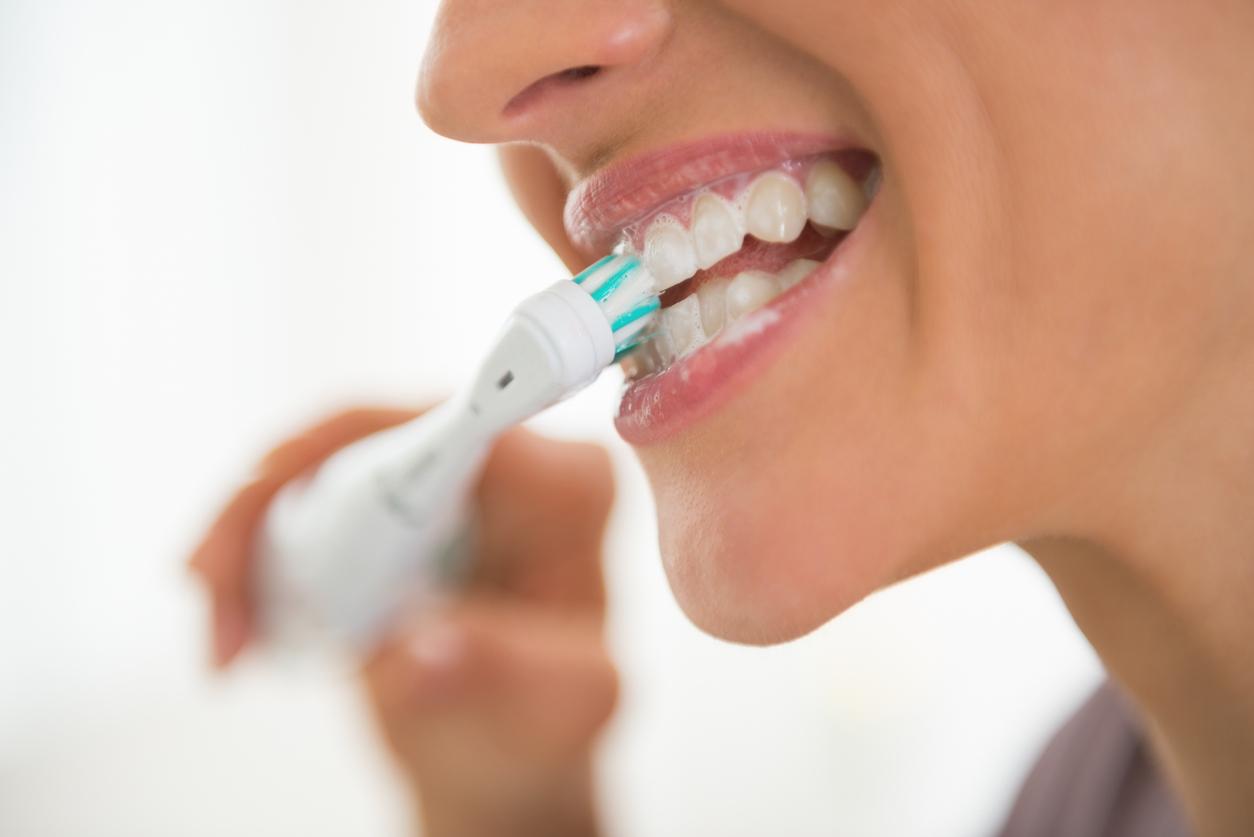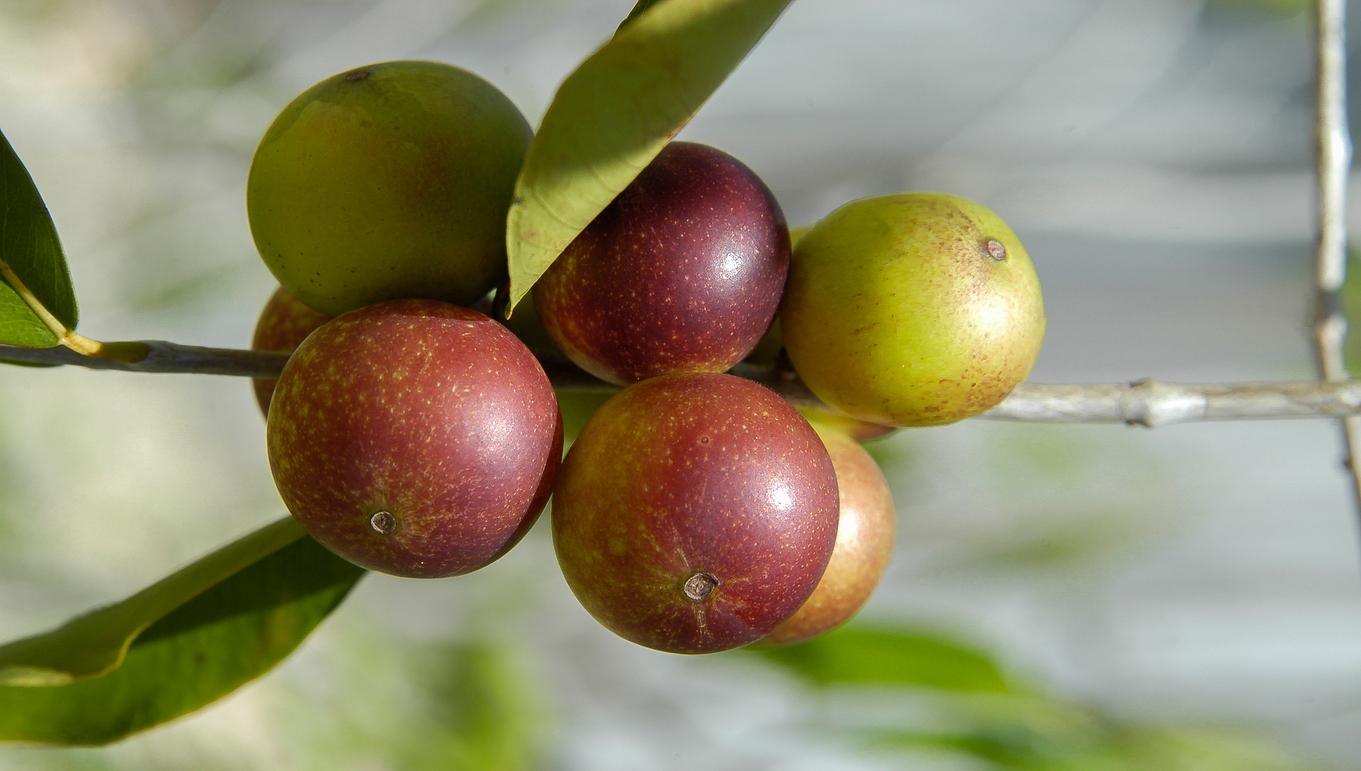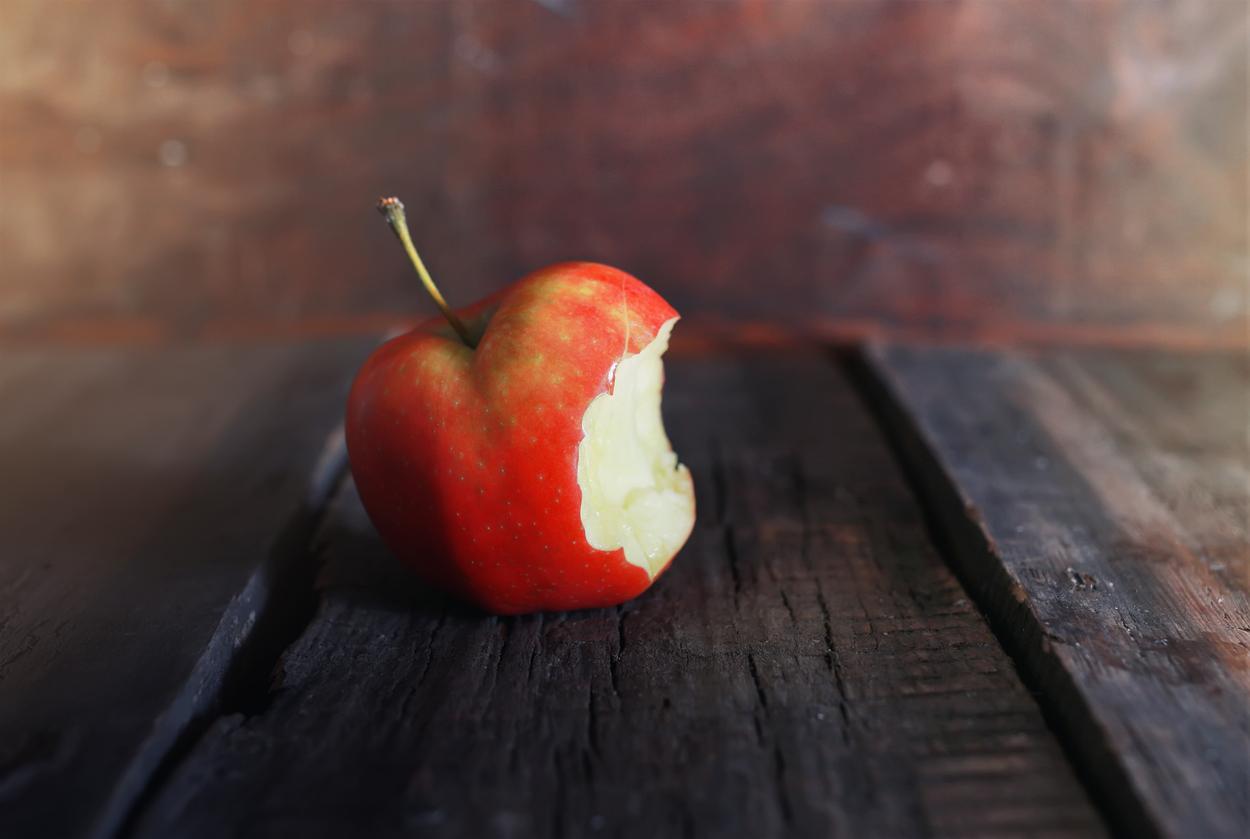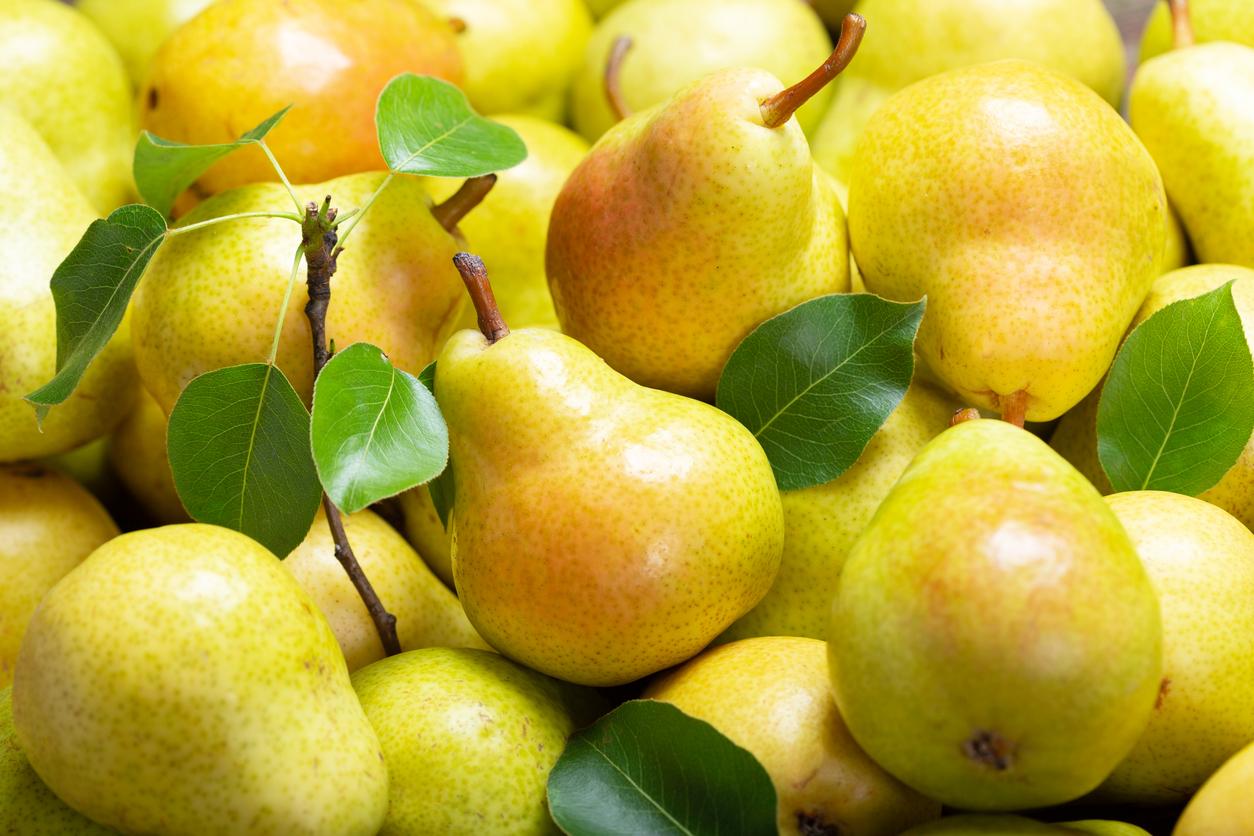Prunin laurate, which can be derived from citrus fruits and coconut, has a high antimicrobial effect, which can effectively protect teeth.
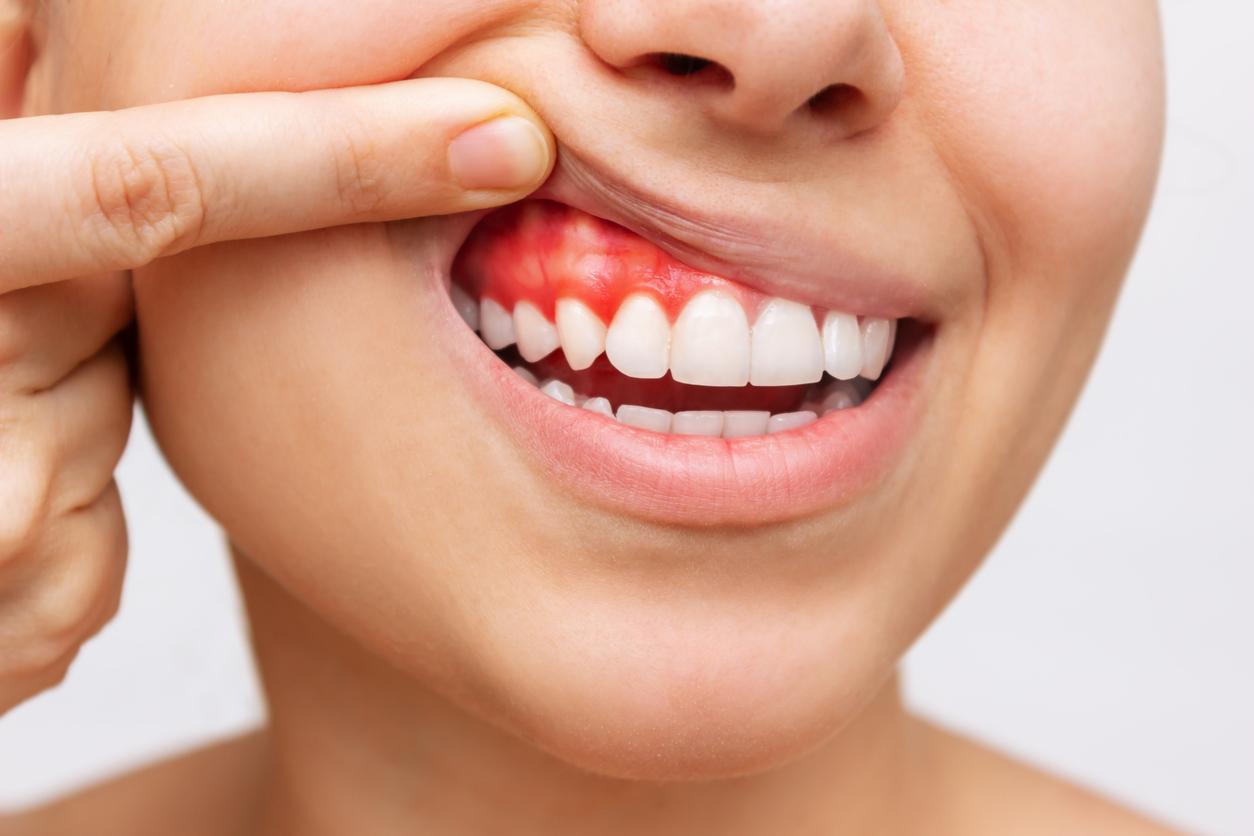
- Prunin laurate (Pru-C12) is a compound found in citrus fruits and coconut.
- In gum disease, it inhibits “in vitro bacterial growth at greater than 10 μM.”
- In mice infected with the periodontopathogenic bacterium Porphyromonas gingivalis, Pru-C12 prevents or slows alveolar bone resorption.
Bleeding gums, bad breath, loosening teeth, abscesses… These signs can indicate gum disease. As a reminder, this is a bacterial infection responsible for inflammation of the tissues supporting the tooth. It results in gingivitis and then periodontitis. To prevent and control these pathologies, it is essential to have good dental hygiene. However, “Most over-the-counter products are disinfectants that can be very irritating. They are therefore not suitable for young children and the elderly, who are susceptible to periodontitis,” reported researchers from Osaka University (Japan).
Prunin laurate comes from citrus fruits and coconut
That’s why they decided to conduct a study to find an easy-to-use and effective antibacterial to prevent periodontitis at any age. To carry out the research, published in the journal Foodsscientists analyzed the antibacterial effect of seven different compounds, including prunin laurate (Pru-C12) and its analogues, on the periodontopathogenic bacterium Porphyromonas gingivalis. Prunin laurate, which is tasteless and hypoallergenic, can be derived from citrus fruits and coconut.
Gingivitis, periodontitis: Pru-C12 has the highest antimicrobial effect
The results showed that several compounds inhibited bacterial growth. However, prunin laurate, found in both fruits, had the highest antimicrobial effect. “Pru-C12 and its analogues inhibited bacterial growth in vitro at greater than 10 μM and biofilm formation at 50 μM. In addition, Pru-C12 inhibited resorption of alveolar bone, which surrounds and maintains the tooth in the maxillary arch, in an experimental model of periodontitis in mice infected with Porphyromonas gingivalis,” the team said.
According to Professor Shigeki Kamitani, author of the work, if the safety of prunin laurate in humans is confirmed in the future, it could be an inexpensive antimicrobial solution to prevent and control periodontal disease.













